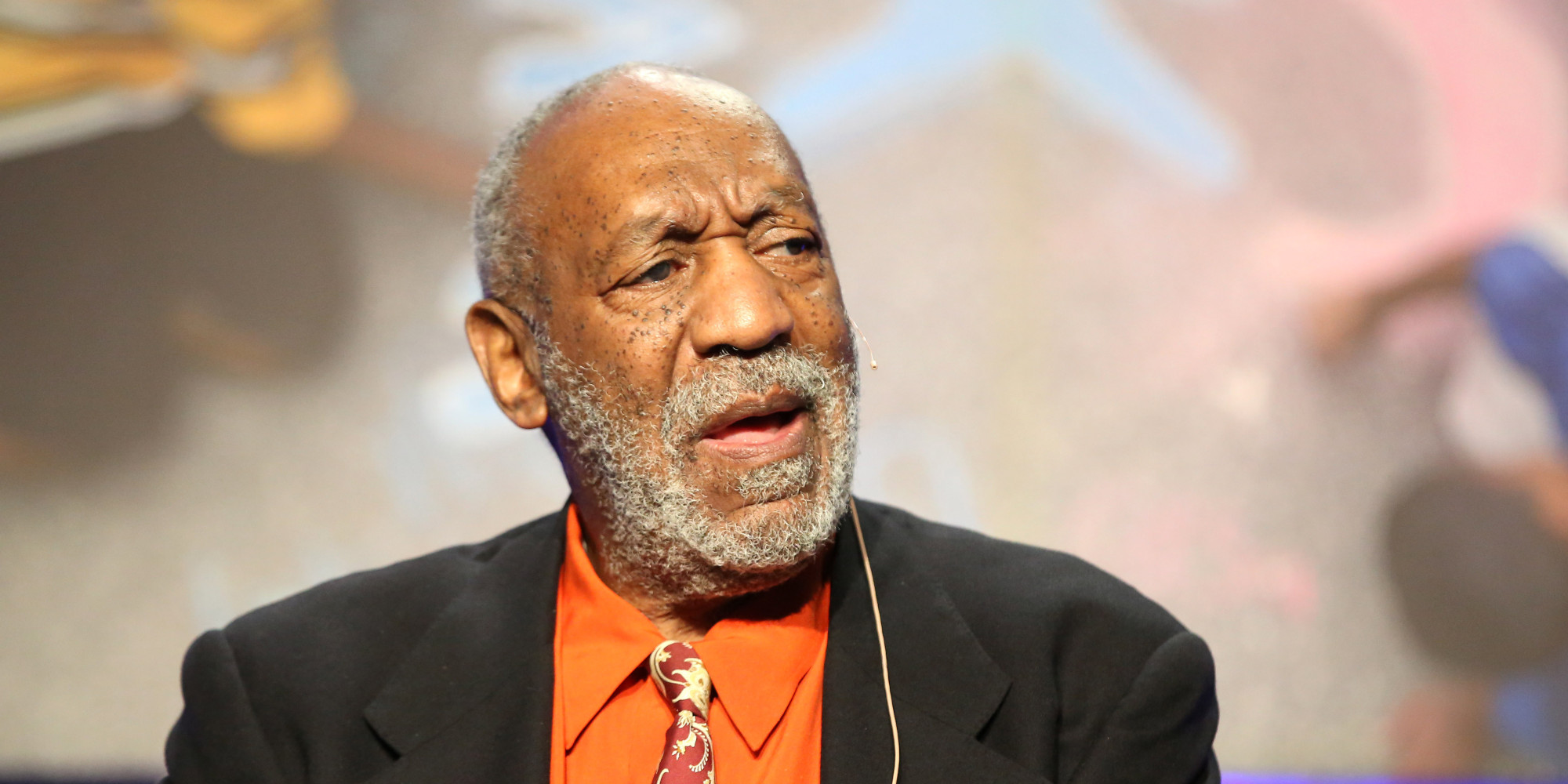
By Stacy M. Brown (NNPA Newswire Contributor)
Last week, a federal judge in Massachusetts struck down a defamation suit against Bill Cosby in a ruling that the legendary comedian’s attorneys said reaffirms the fundamental right for him or anyone else to defend against public accusations.
“This is another in a line of recent developments, vindicating Mr. Cosby’s right to defend himself in the face of an onslaught of unverified accusations,” the lawyers said in a statement.
The case stems from the accusations of former actress Katherine McKee, who in an interview to the international press in December 2014, accused Cosby of attacking her in the mid-1970s.
When Cosby’s lawyer tried to defend him by demanding a retraction of the story, McKee sued him for defamation, Cosby attorneys said.
The Massachusetts court ruling is among several dismissals granted in Cosby’s favor.
In December, a federal appeals court announced a similar decision in the case of Hill vs. Cosby, affirming the dismissal of a very similar lawsuit.
Renita Hill of Pittsburgh, Pa., had alleged that Cosby drugged and molested her for years, starting when she was 16, when she worked with him on a children’s TV show in the Steel City beginning in 1983.
Hill went public with her allegations in November 2014, after other accusers had already stepped forward.
She filed suit after Cosby’s lawyers denied any wrongdoing and Hill argued that the star defamed her with his denials, particularly by suggesting she was lying and trying to extort him.
“These two decisions should also pave the way to the final dismissal of the remaining civil actions pending against Mr. Cosby including the appellate proceeding challenging a partial dismissal of the action brought by reality television personality Janice Dickinson,” said Cosby’s lead civil lawyer Angela C. Agrusa. “This is the correct outcome. This order, taken in conjunction with the recent decision in the Hill case, amount to a powerful statement of the law.”
Agrusa continued: “It is paramount in a free society to be able to insist on one’s innocence in the face of serious public accusations, and today’s ruling reinforces that fundamental right.”
Dickinson’s suit began in 2015 when the former model sued Cosby, and then-lawyer Marty Singer, who has since been dismissed from the case, for defamation.
She claimed the men “publicly branded her a liar” after she gave a 2014 TV interview in which she said Cosby drugged and raped her in the 1980s.
Los Angeles Superior Court Judge Debre Weintraub in March granted in part, and denied in part, an anti-SLAPP motion to dismiss the suit, according to the Hollywood Reporter.
The judge dismissed claims related to a letter Singer sent to Good Morning America, finding those statements were protected by the litigation privilege.
However, she denied the motion tied to a statement Singer made to the press.
Agrusa argued that decision was in error and the entire case should have been thrown out.
“The Statement’s assertion that Ms. Dickinson’s rape allegations are fabrications constitutes Attorney Singer’s opinion, and because it also discloses the facts upon which that opinion is based, it cannot serve as the basis for a defamation suit,” Agrusa wrote in court filings.
She also noted that the 3rd Circuit recently affirmed a district court’s decision to dismiss with prejudice a similar defamation claim filed by Hill.
That opinion stated, “Even if Singer’s Statement does imply Ms. Hill is a liar, it is still not actionable, because it includes the facts supporting that implication.”
Further, Agrusa argued that — even if the statement was defamatory and issued with actual malice — Cosby didn’t speak or write the statement and the fact that Singer was representing him at the time isn’t enough to make him liable for it.
“With no evidence that Mr. Cosby himself issued the Statement, and no law imputing a malicious state of mind on an individual simply for failing to retract the statement of another, the trial court should have granted Mr. Cosby’s special motion to strike the defamation claim,” Agrusa wrote.
The attorney also argued that the public persona Dickinson has created would make it tough for her to prove that her reputation was harmed by Cosby, through Singer’s statements.
“In her quest to remain in the public eye, Ms. Dickinson actively cultivates a reputation for outrageous behavior that includes substance abuse, mental lapses, and not being truthful,” Agrusa said.



